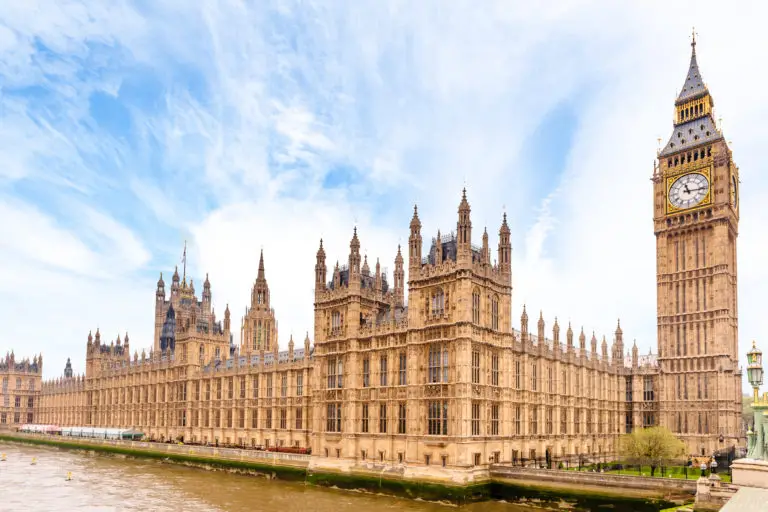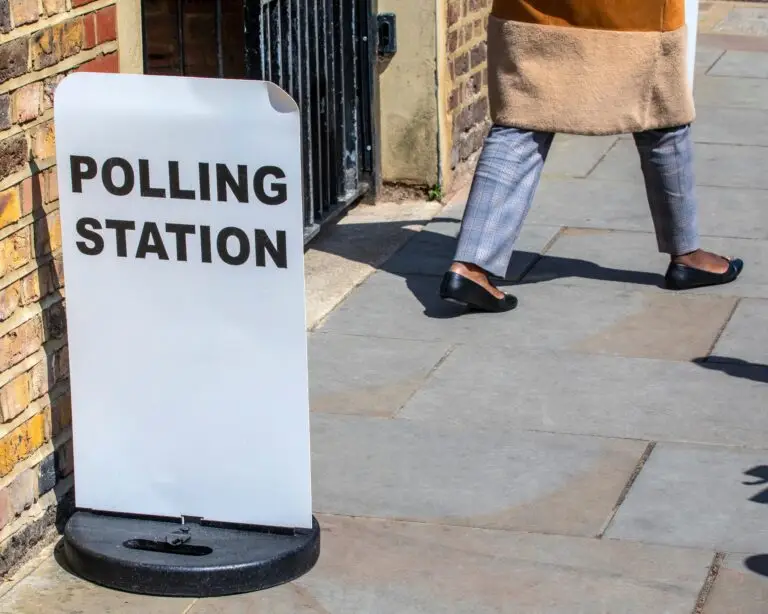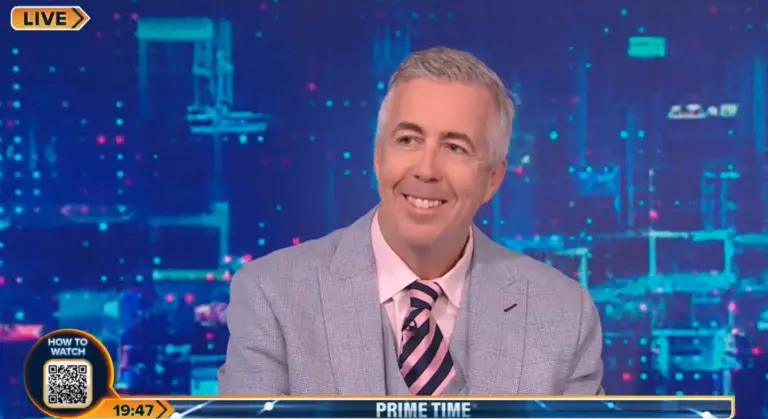Liz Truss is the archetype career politician. Careful to avoid controversial comments, with vague policies designed to play to the gallery. The result is that we know precious little about what a Truss Government will do at the local level.
Since David Cameron, Conservative Prime Ministers have identified the planning system as a barrier to growth. However, since the introduction of the NPPF under the coalition government, meaningful change has been scant.
Will Liz Truss provide the answer? We’ve tried to identify what her policies might be to find out:
‘Soviet’ housing policies
During the Conservative leadership campaign, Truss pledged to ‘abolish Soviet top-down housing targets’ and ‘rip up red tape that’s holding back housebuilding and give more power to local communities.’
Here, Truss has already stepped on the banana skin which has plagued Conservative attempts at planning reform. It is difficult – if not impossible – to increase housebuilding whilst also giving communities more of a say. It simply doesn’t work because, for the most part, existing communities don’t want development.
If Truss meaningfully removes targets, rips up red tape, and gives communities more control the net result will be fewer homes and less development.
Levelling-Up
Once Boris Johnson vacated Downing Street, his flagship levelling-up policy was placed at risk. Pleasingly for those of us based in the UK’s regional economies, Truss seems to have kept faith with the project – maintaining the Department for Levelling-Up and giving the job to Teesside MP, Simon Clarke.
During her campaign she pledged to ‘equalise and level up government spending across the UK, to ensure areas which have been left behind get the funding they need.’ This will include devolving more power to Mayors.
What this means is unclear, but she has pledged to level-up in a ‘Conservative way’ which probably means lower spending.
Net Zero and the Environment
This issue was a priority for Boris Johnson but is less pressing for the new Government. Truss is committed to achieving Net Zero by 2050 but will do so ‘without reducing household income or damaging businesses, by harnessing the innovative technologies, world-leading research, and top-class manufacturing’.
However, she has also suspended green levies on energy bills and opposed solar farms. The messaging is mixed to say the least.
Low tax, low spend
Truss has presented herself as a low tax, low spend Conservative. Despite this, within her first week in office her government has pledged the largest financial support package for households in peacetime – coming on the back of similar spending during the pandemic.
Although this will be paid for through borrowing, there is likely to be cuts in some areas to soften the impact. Unlike the Johnson Government which liked to splash the cash, we would anticipate tighter budgetary control moving forward, with less money spent at every level of government.
Time is not her friend
Proper reform takes time and Truss will face an election by 2024 at the latest. Given that most voters experience of politics is at the local level, should reform go badly – or it is contested by local councillors – the timing could undermine the election campaign.
For this reason, we do not anticipate wholescale reform of the planning system – but would expect continued rhetoric bemoaning the ‘red tape’ and ‘bureaucracy’ which is ‘holding Britain back.’
Growth, growth, growth
If Liz Truss is serious about growth, the planning system must be part of the solution. Undoubtedly it needs reform, but the political conditions must exist for it to happen. Currently, they don’t.
Truss has boxed off her options during the leadership campaign and has committed herself to the same narrative and rhetoric as previous governments – none of which have succeeded in delivering the radical change required.
The only route to reform is to alienate her Conservative base – a disaster with an election only two years away.





